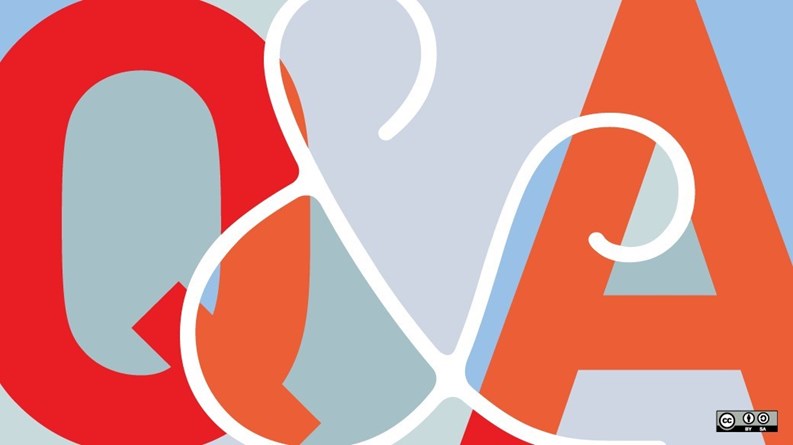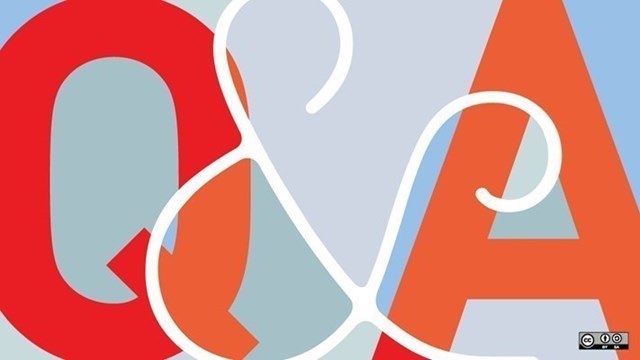What legal recourse do I have? Is the board responsible for my internal damages? The bylaws say that the building must be kept in first-class condition, but no mention is made of who should pay for internal damages to my unit due to their negligence.
—Frustrated Unit Owner
“The writer mentions having consulted the bylaws of the cooperative but not whether he looked at the language of the proprietary lease. Most cooperative proprietary leases contain similar language. Nevertheless the phrasing of the words can shift the burden from one party to another. It is always important to check the language of the proprietary lease to determine where responsibility lies when a question of repairs arises.
“In general a shareholder is required to make repairs within the apartment while the board is responsible for repairs to the building elements. Ordinarily, the corporation will be required to maintain the major systems within the building. Similarly, the roof normally falls within the province of the board of directors to maintain and repair, unless the proprietary lease has shifted that burden to the shareholder.
“The landlord-tenant relationship created through the ownership interest along with the terms of the proprietary lease helps determine who is responsible for repairs in an apartment but statutory obligations will contribute to the equation. The main statutory principle is the multiple dwelling laws and the warranty of habitability, which guaranties the right to live in an apartment that is in habitable condition. This principle applies whether the resident is the shareholder or a rental tenant.
“The board of directors has an equal responsibility and fiduciary duty to every shareholder whether that shareholder lives on the first floor or the top floor. In our writer’s situation, if the proprietary lease has not shifted the burden to maintain the roof to the shareholder, then the cooperative must make the repairs. In turn, the board is responsible for damage to the unit owner’s apartment and personal property resulting from the failure to make these repairs. The writer should consult with legal counsel to determine what steps can be taken to compel the board to make these repairs. Additionally, assuming the writer has homeowner’s insurance, he should inform his insurance company who ought to be able to deal with the problem on his behalf.”







3 Comments
Leave a Comment